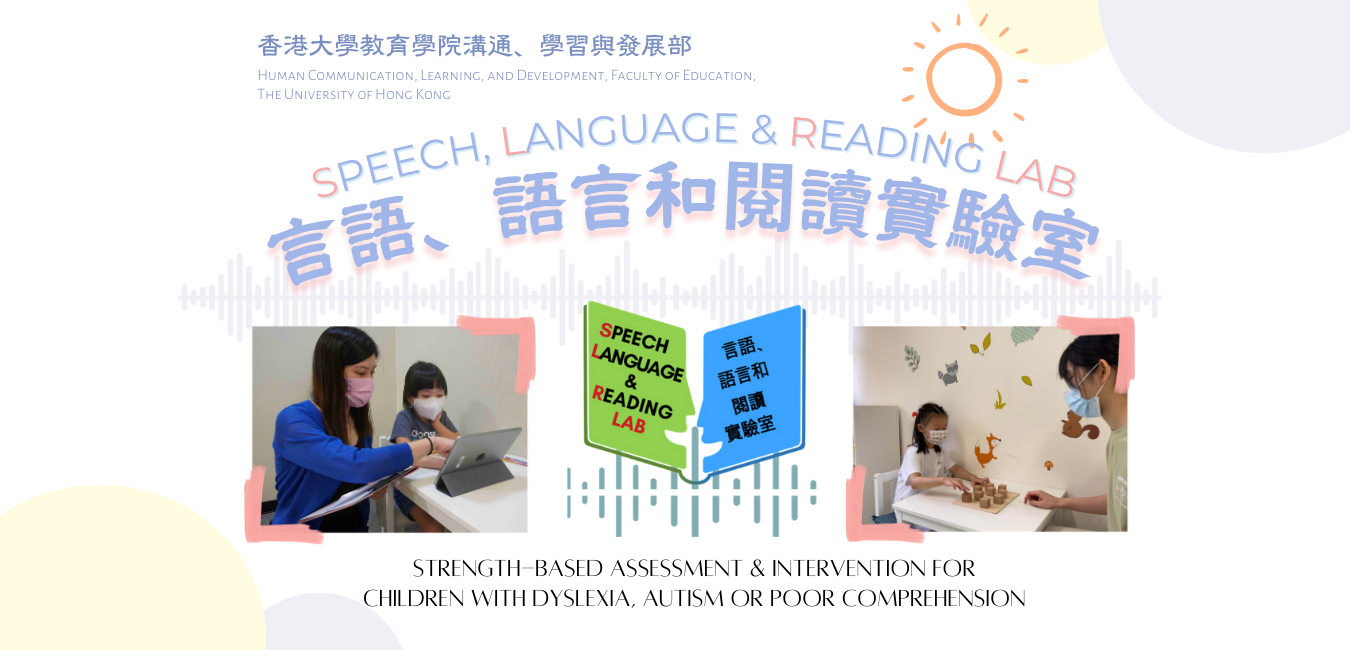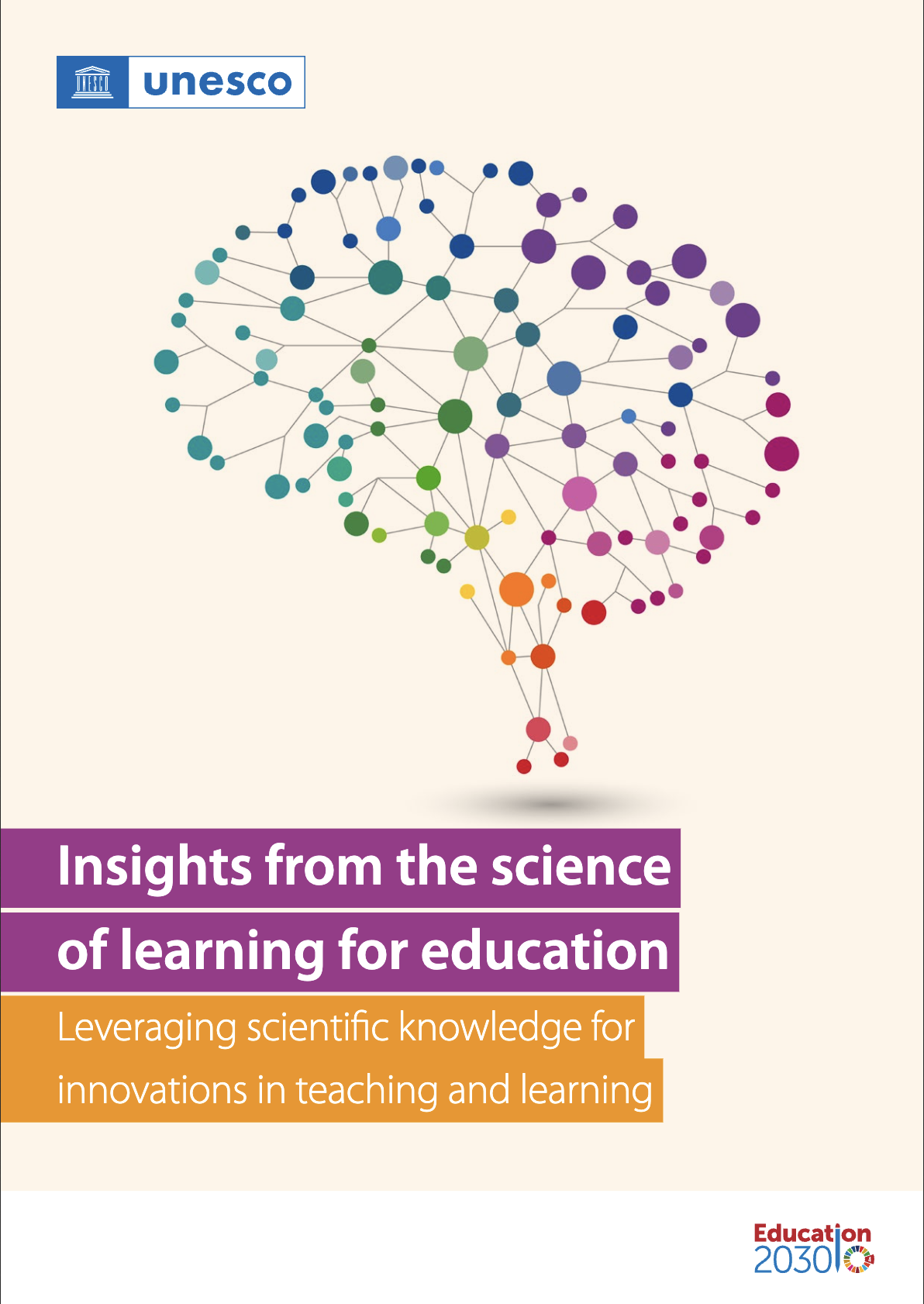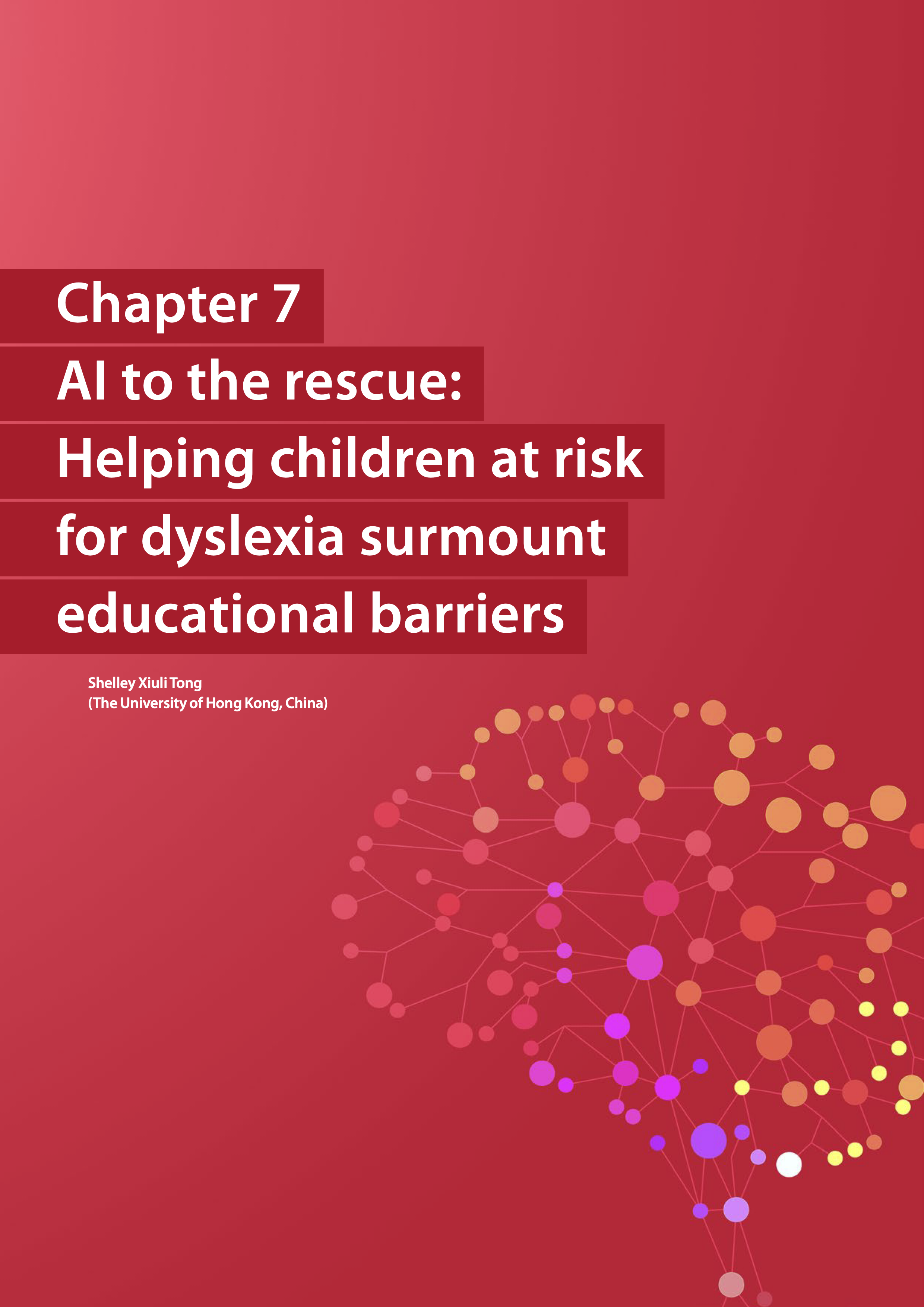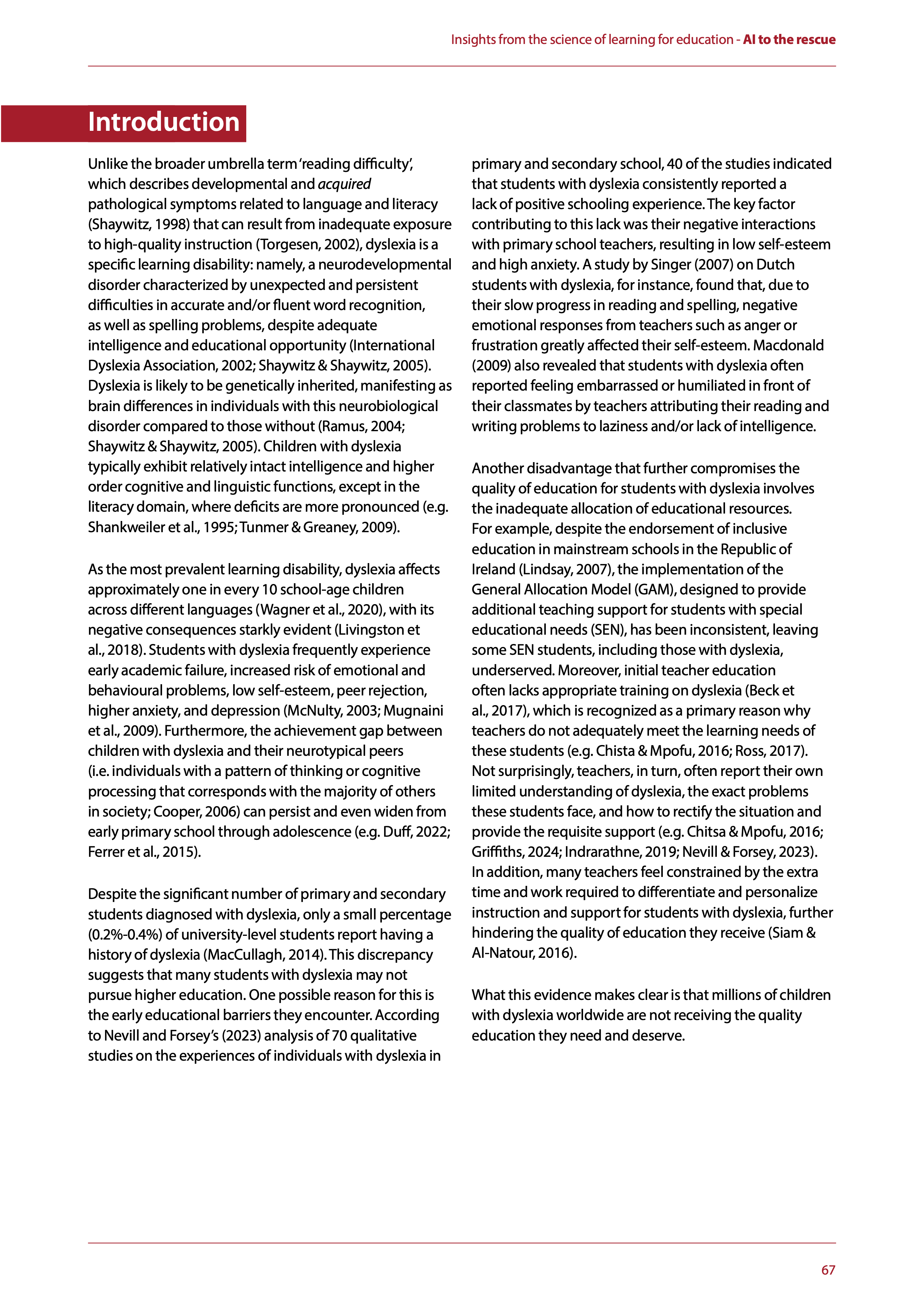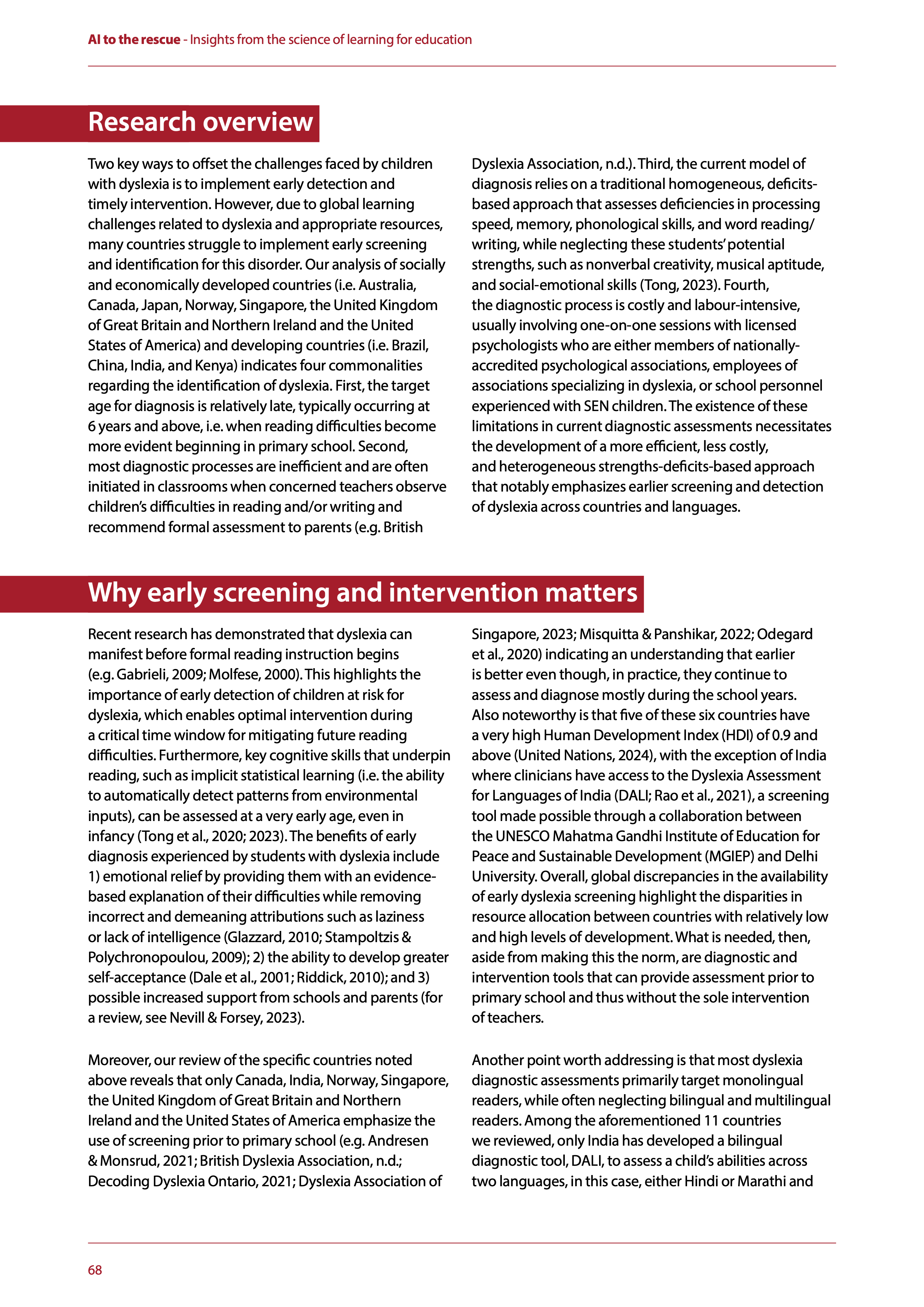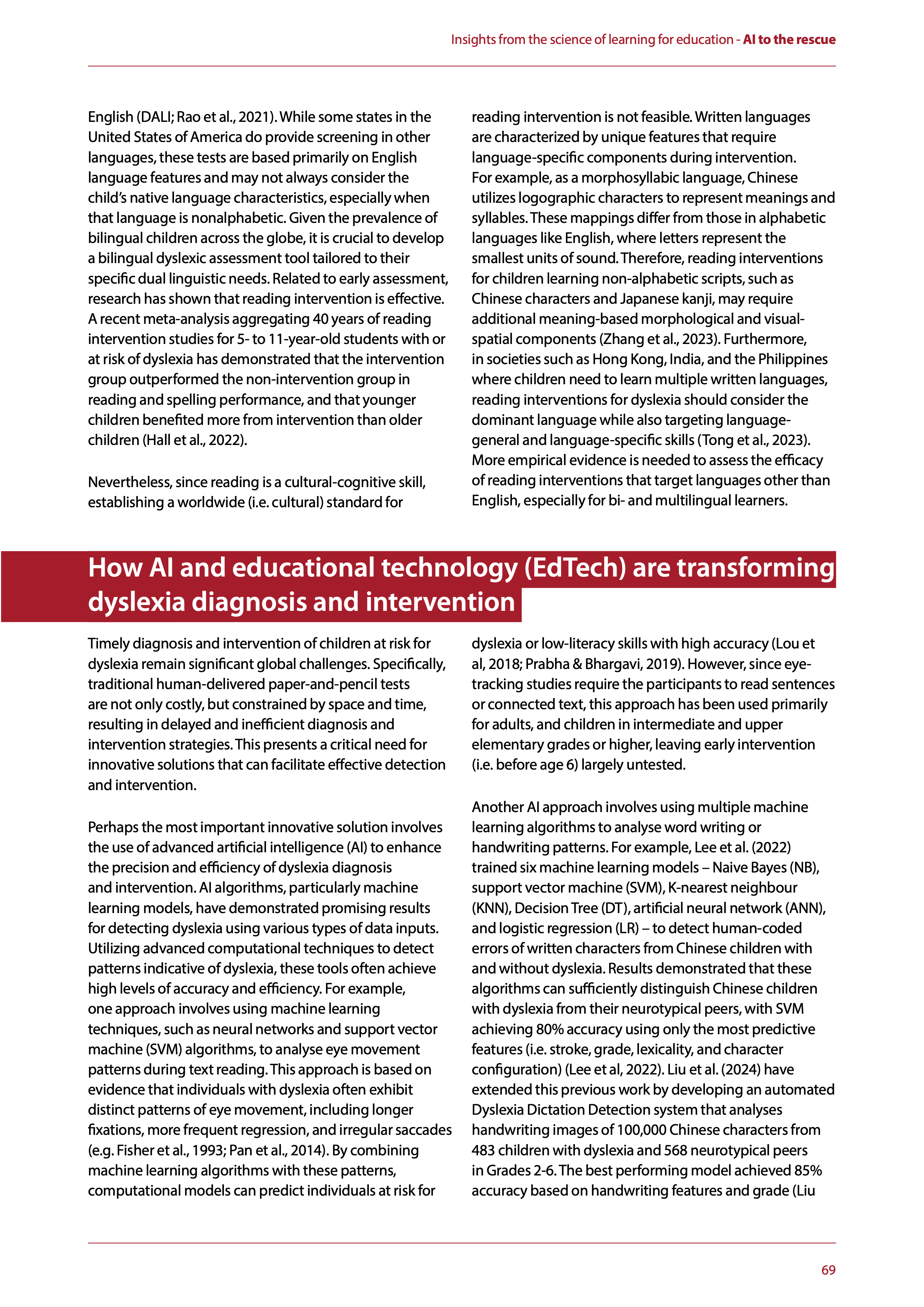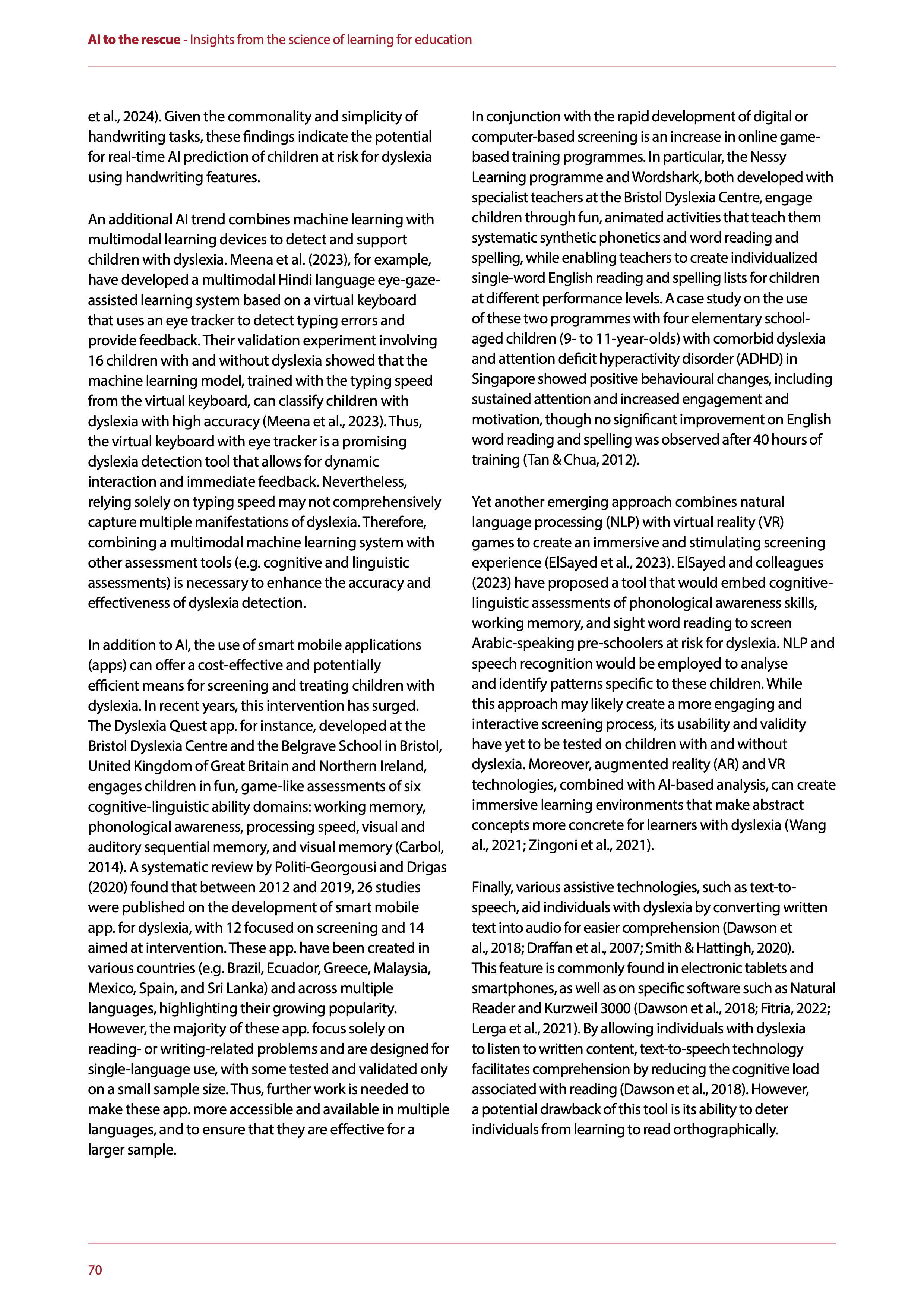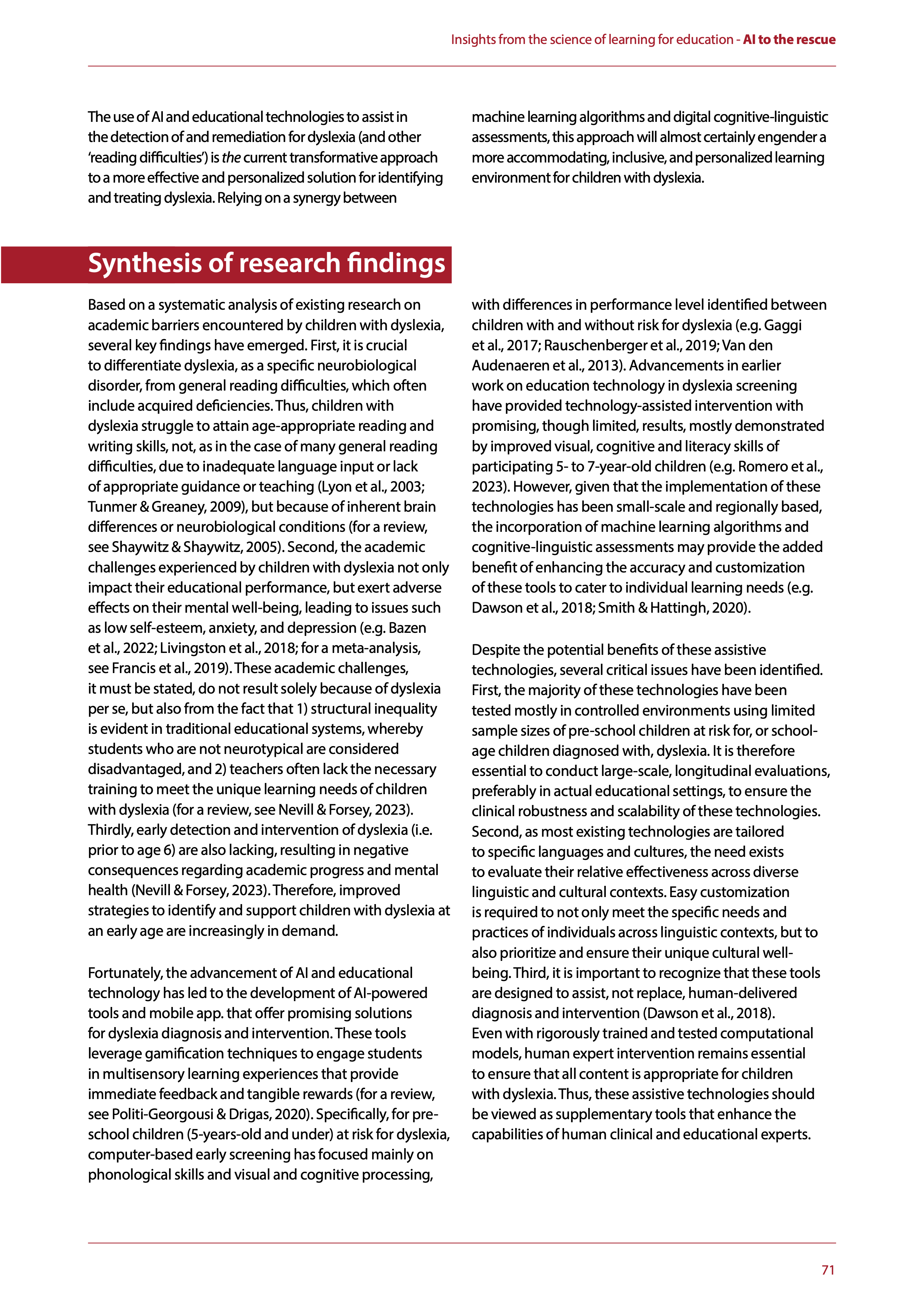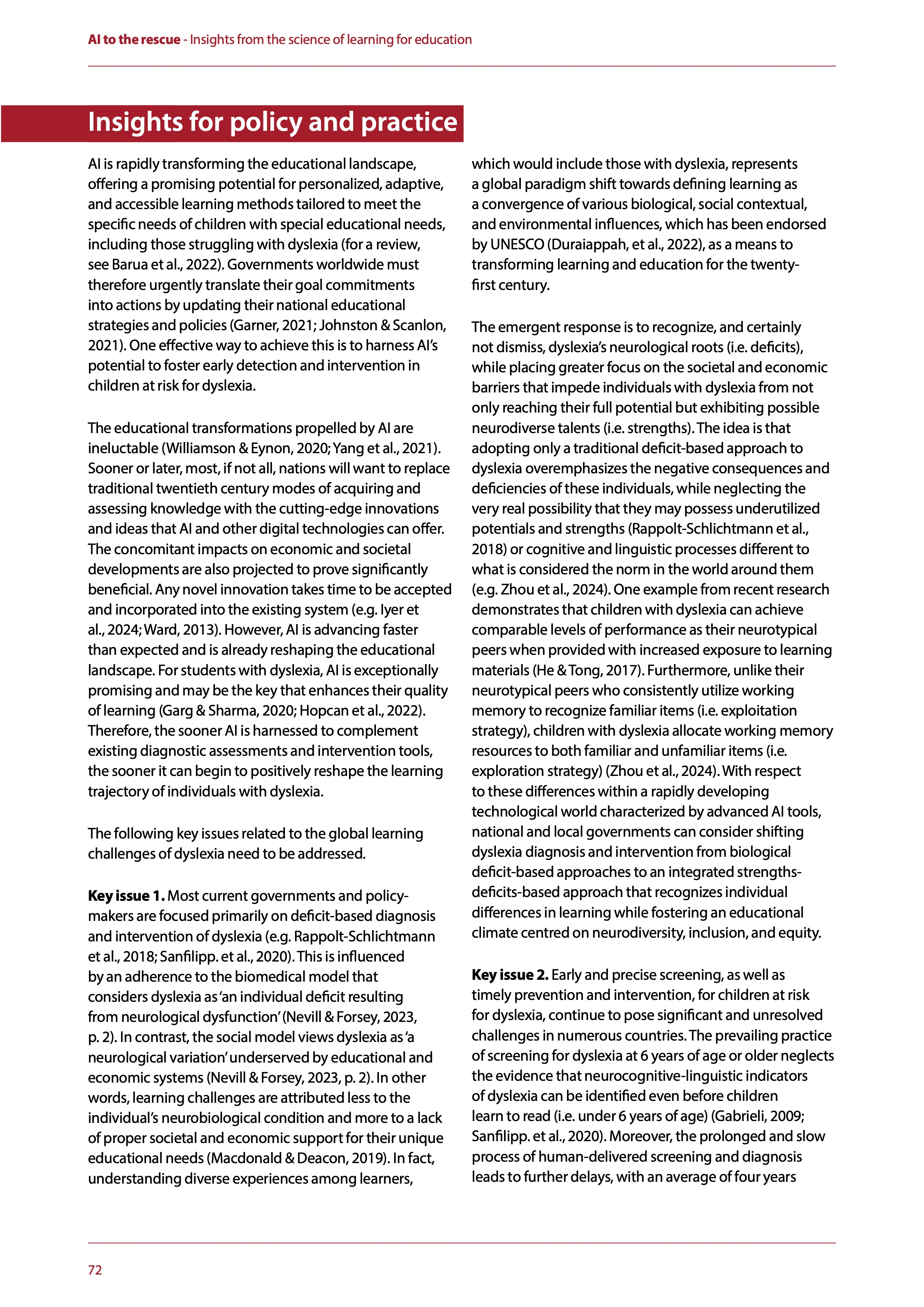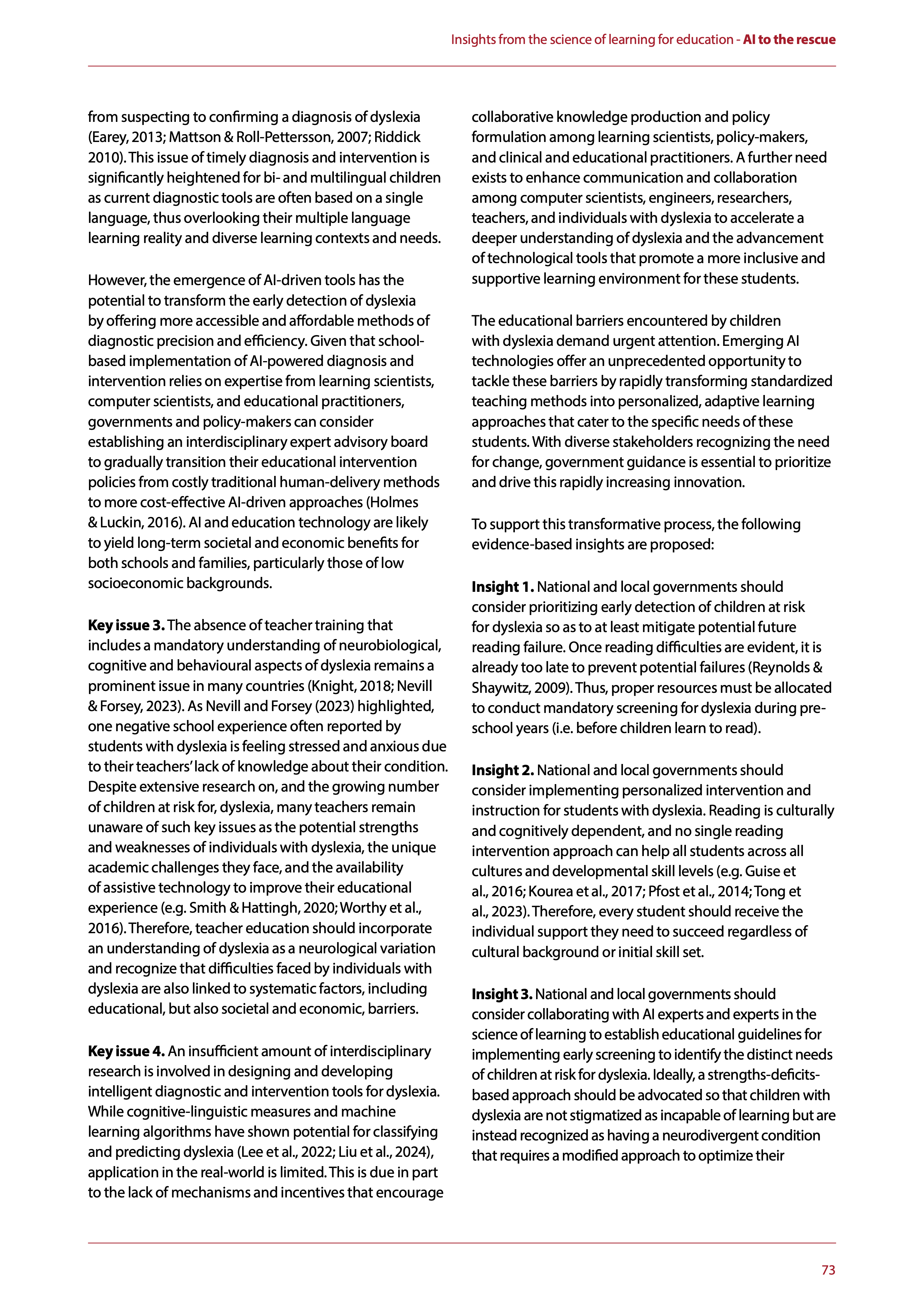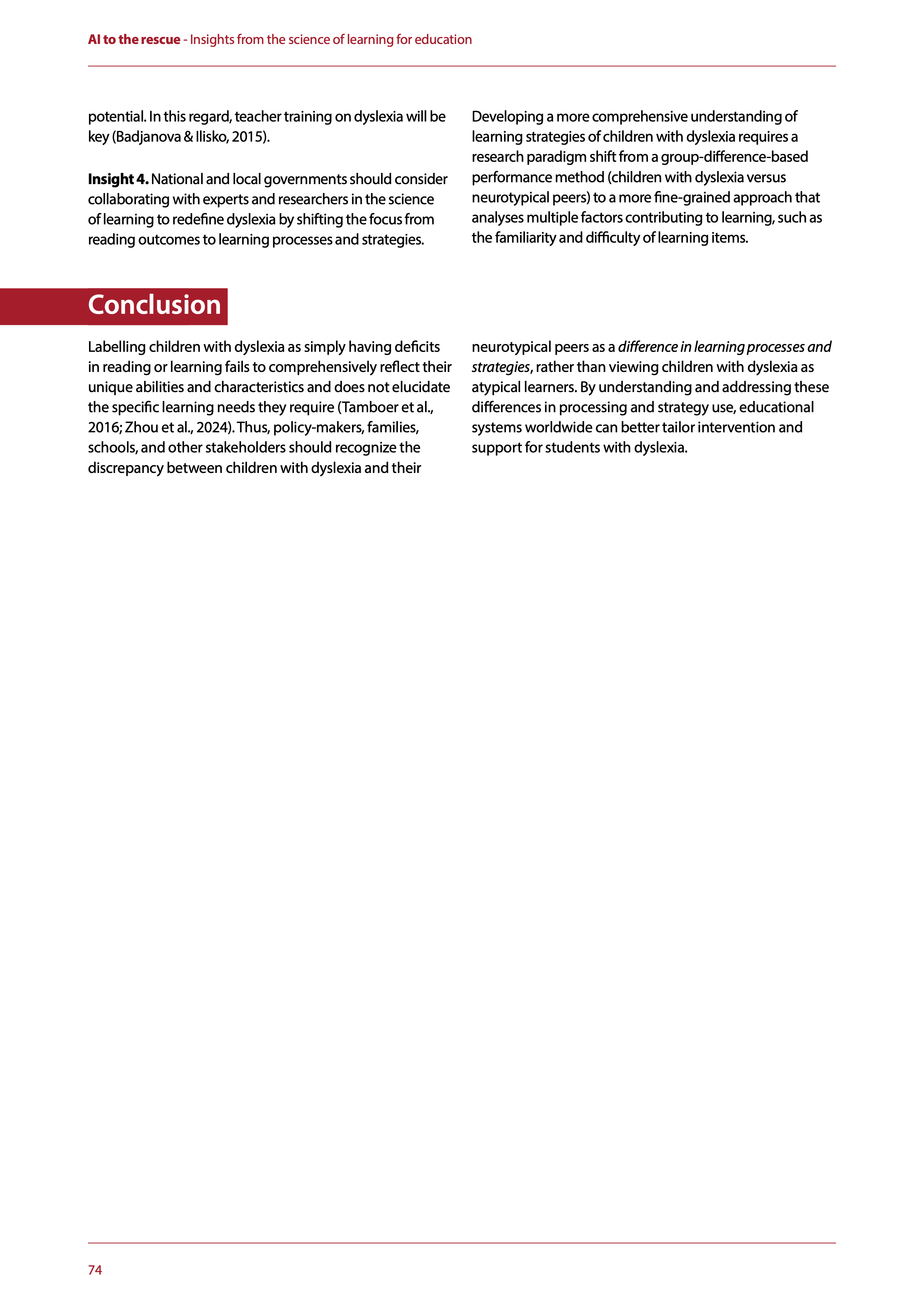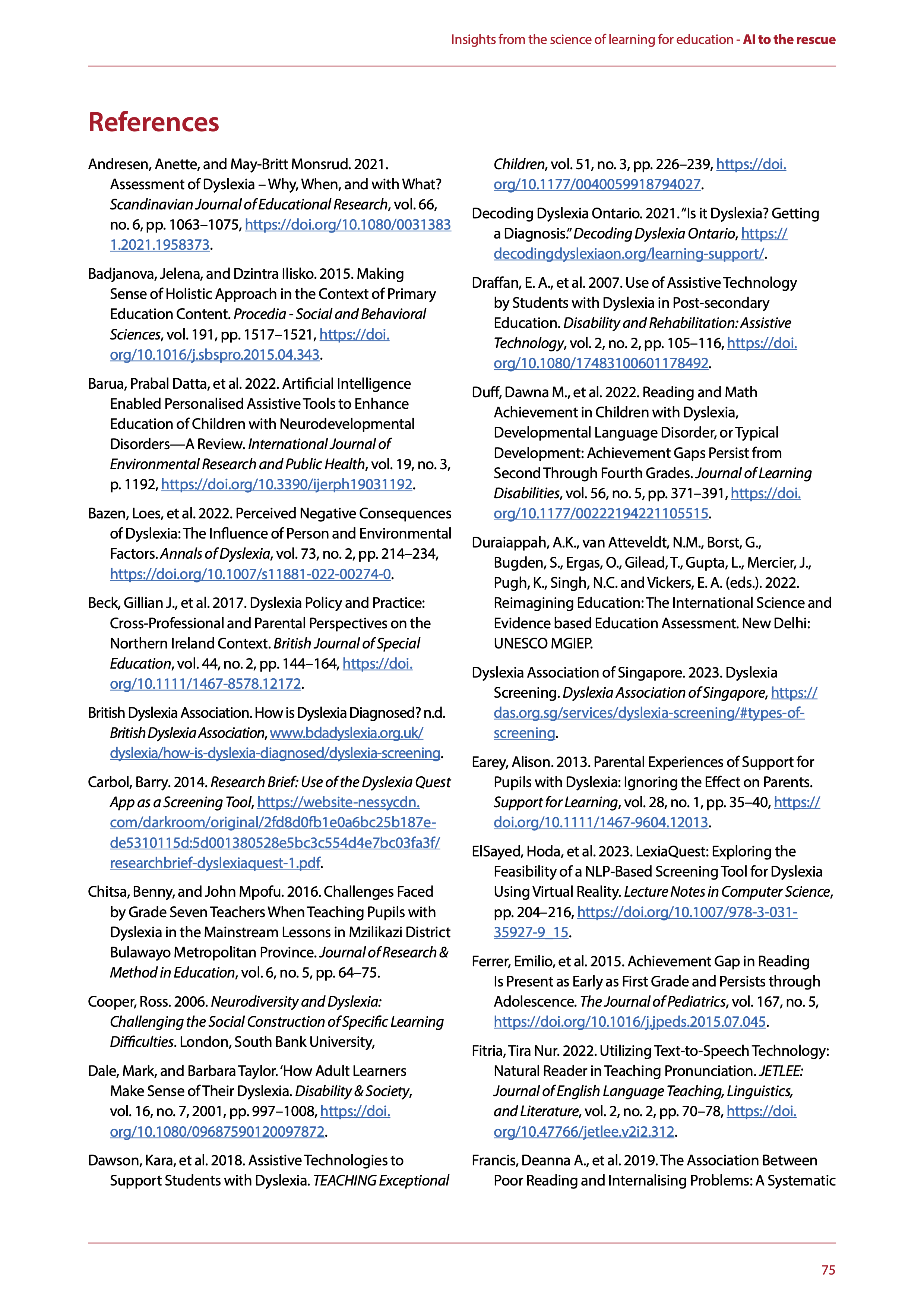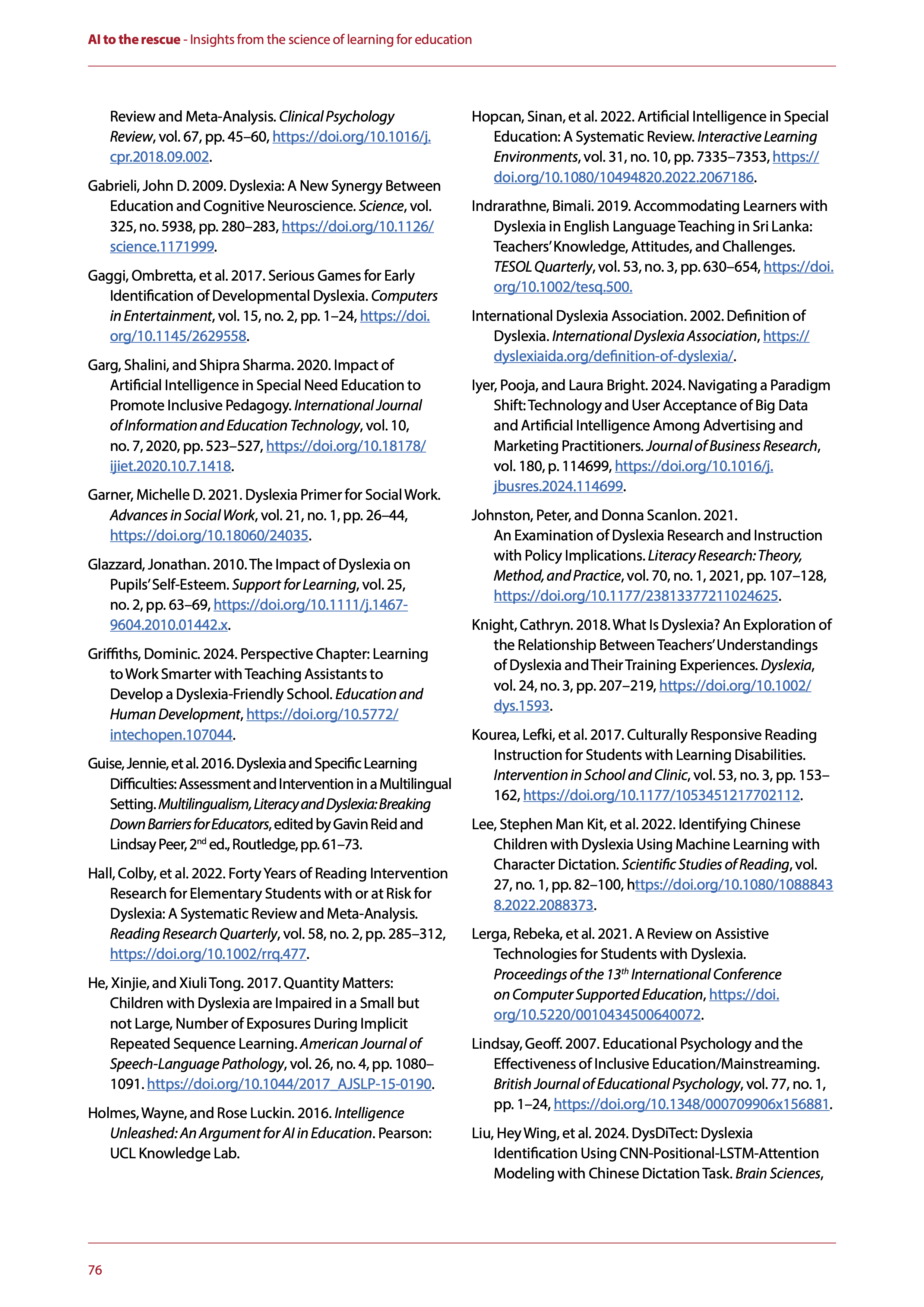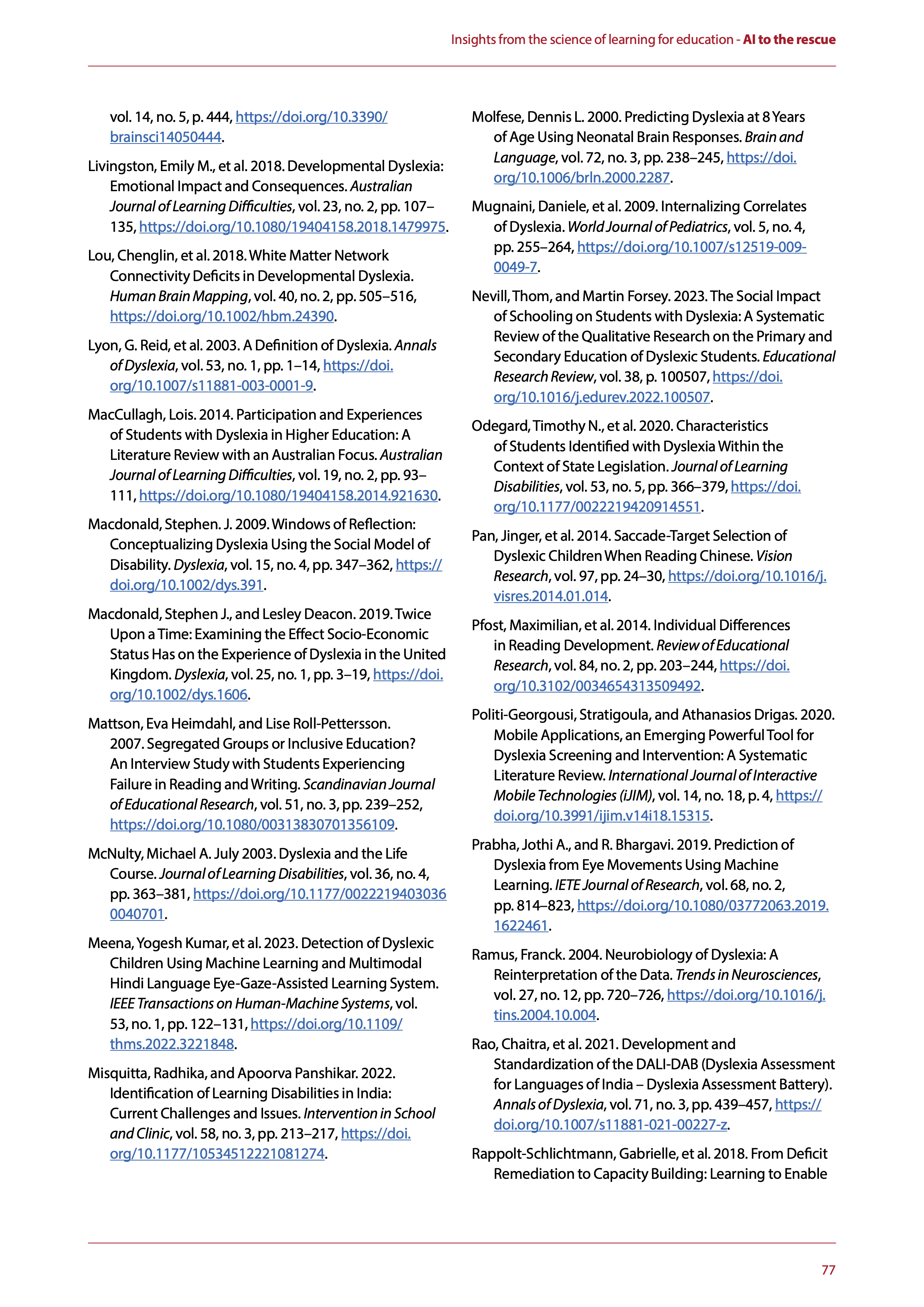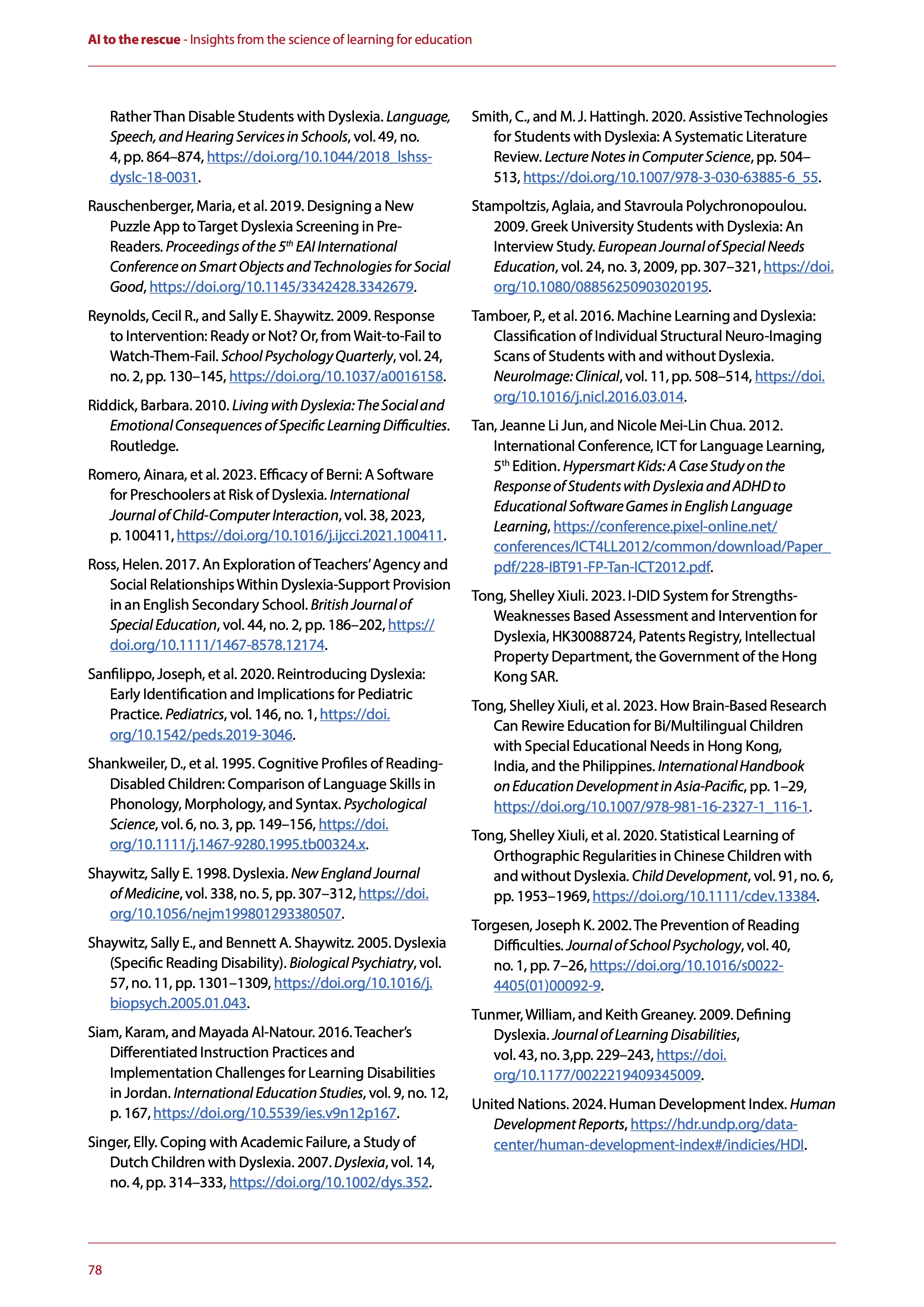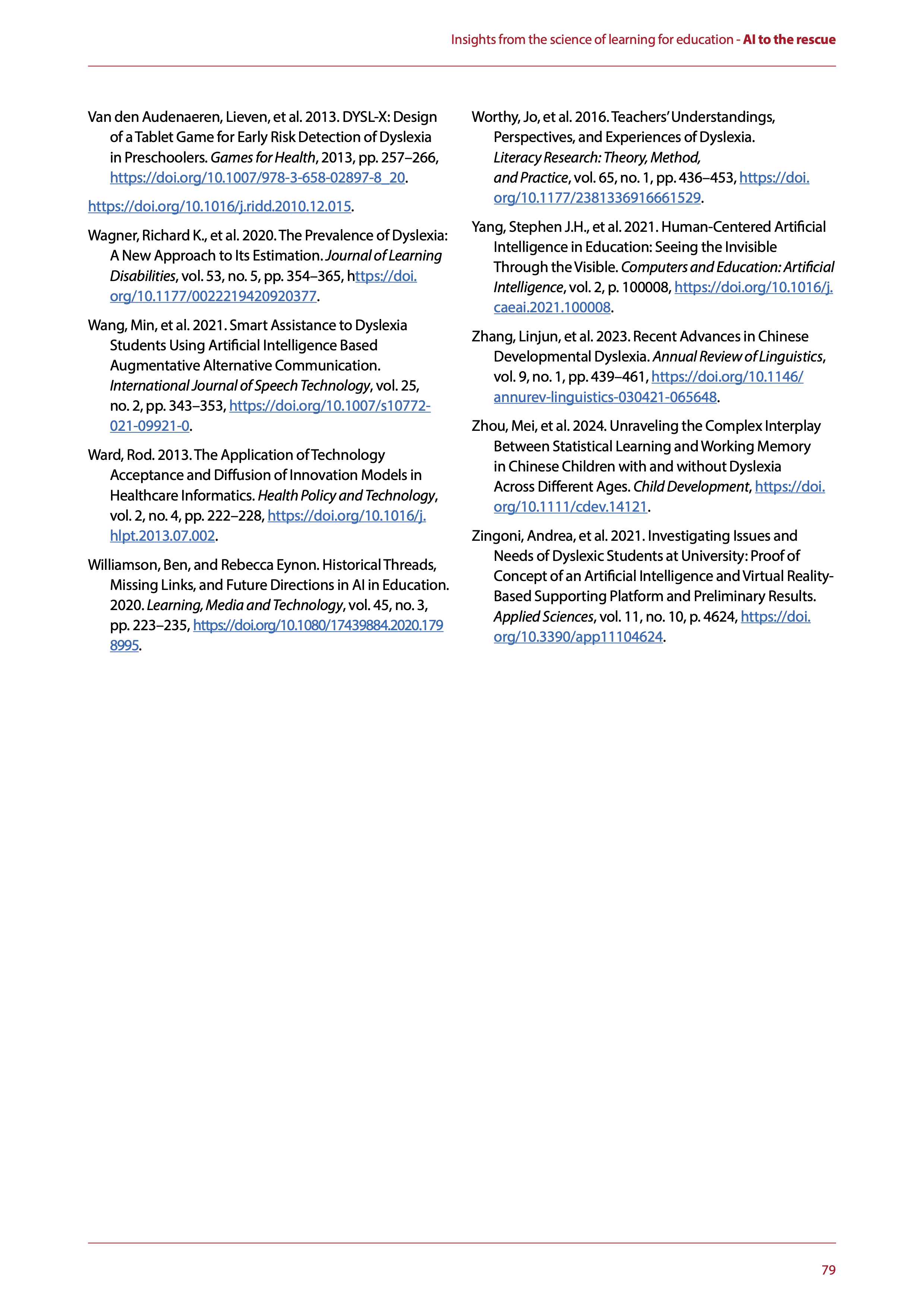Visit from Professor Borst
We had the honor of welcoming Professor Grégoire Borst from the University of Paris to visit the SLR Lab.
On April 16, 2025, our lab’s postgraduate students showcased research work from the lab, harnessing advanced behavioral and neurophysiological methodologies to explore the intricate mechanism of language, emotion and cognition in children with and without special education needs.
Many thanks to Professor Borst for engaging with our students and inspiring thought-provoking discussions on applying cognitive science and neuroscience to educational contexts!
我們十分榮幸地邀請了來自巴黎大學的 Professor Grégoire Borst蒞臨香港大學言語、語言和閱讀實驗室參訪。
在2025年4月16日當天,我們的研究生們進行學術報告,並展示了實驗室的研究成果,運用先進的行為與神經生理學方法,探討有特殊教育需要與一般發展兒童在語言、情緒和認知方面的複雜機制。
衷心感謝Professor Borst與我們的研究生們深入交流,並就如何將認知與神經科學應用於教育領域,激發了諸多發人深省的討論!
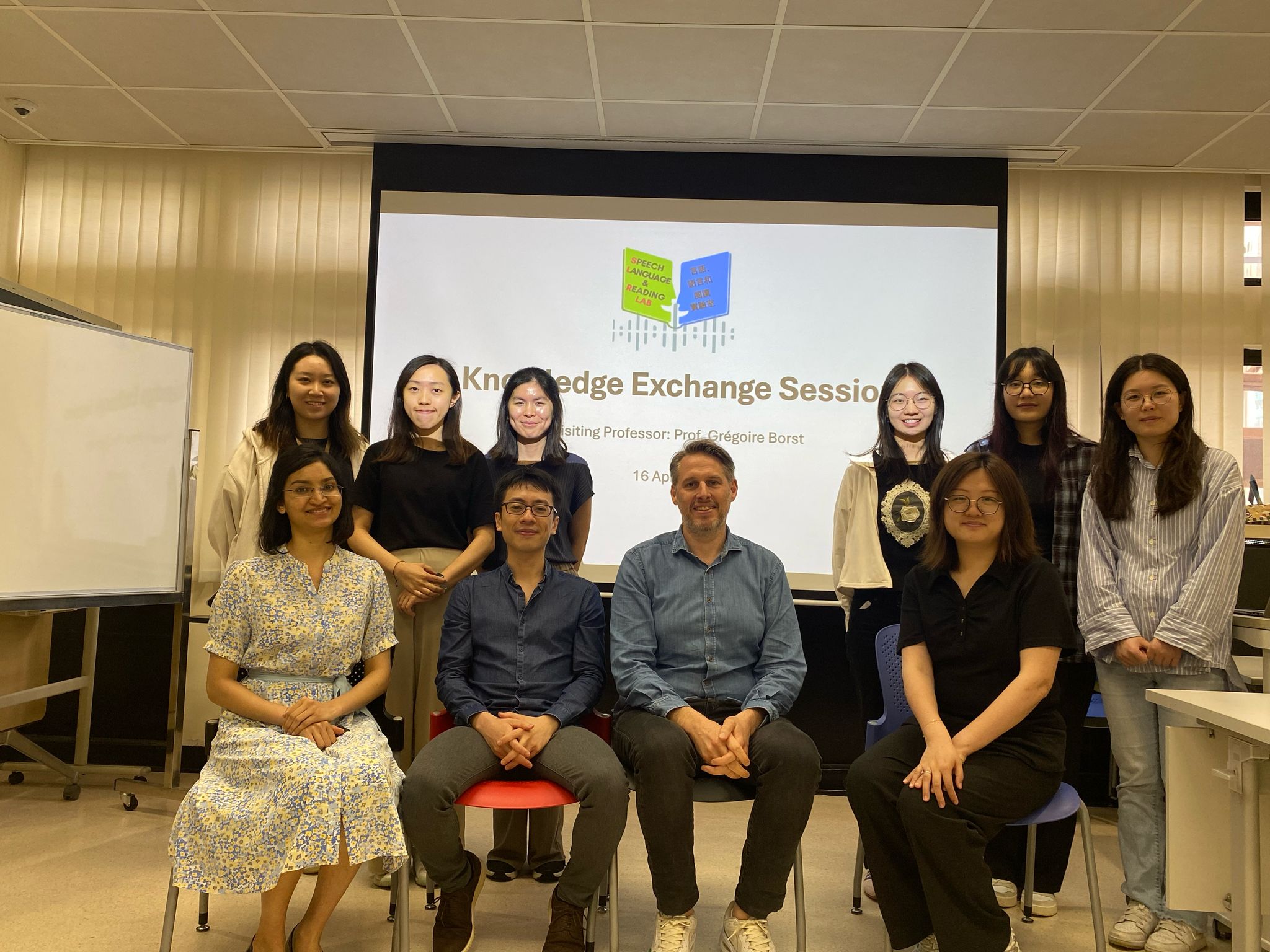
Visit from Wenzhou Education Bureau

It was our pleasure to welcome the delegation from Wenzhou Education Bureau to visit the Faculty of Education at the University of Hong Kong on April 15, 2025. Many thanks to the distinguished guests for their keen interest and engaging discussions!
During the visit, Ms. Sochi Liu introduced the application of neuroscience in Education, highlighting innovative ways to assess reading and learning for children. The delegation showed great enthusiasm for these advancements, fostering meaningful exchanges on the potential impact of neuroscience in education.
We look forward to continued knowledge-sharing opportunities!
我們十分榮幸於 2025 年 4 月 15 日接待來自溫州教育局的代表團來訪香港大學教育學院。感謝各位貴賓對教育神經科學及閱讀障礙的熱烈討論與興趣!
訪問期間,本實驗室團隊成員 Sochi Liu 分享了神經科學在教育領域的應用,並介紹了如何利用這些創新技術來優化兒童閲讀和學習能力的評估。代表團對神經科學的應用展現了極大的興趣,促成了有關探討神經科學如何促進教育的發展的深入交流。
我們期待未來更多的知識交流!
Annual Meeting of the Global Alliance on the Science of Learning for Education
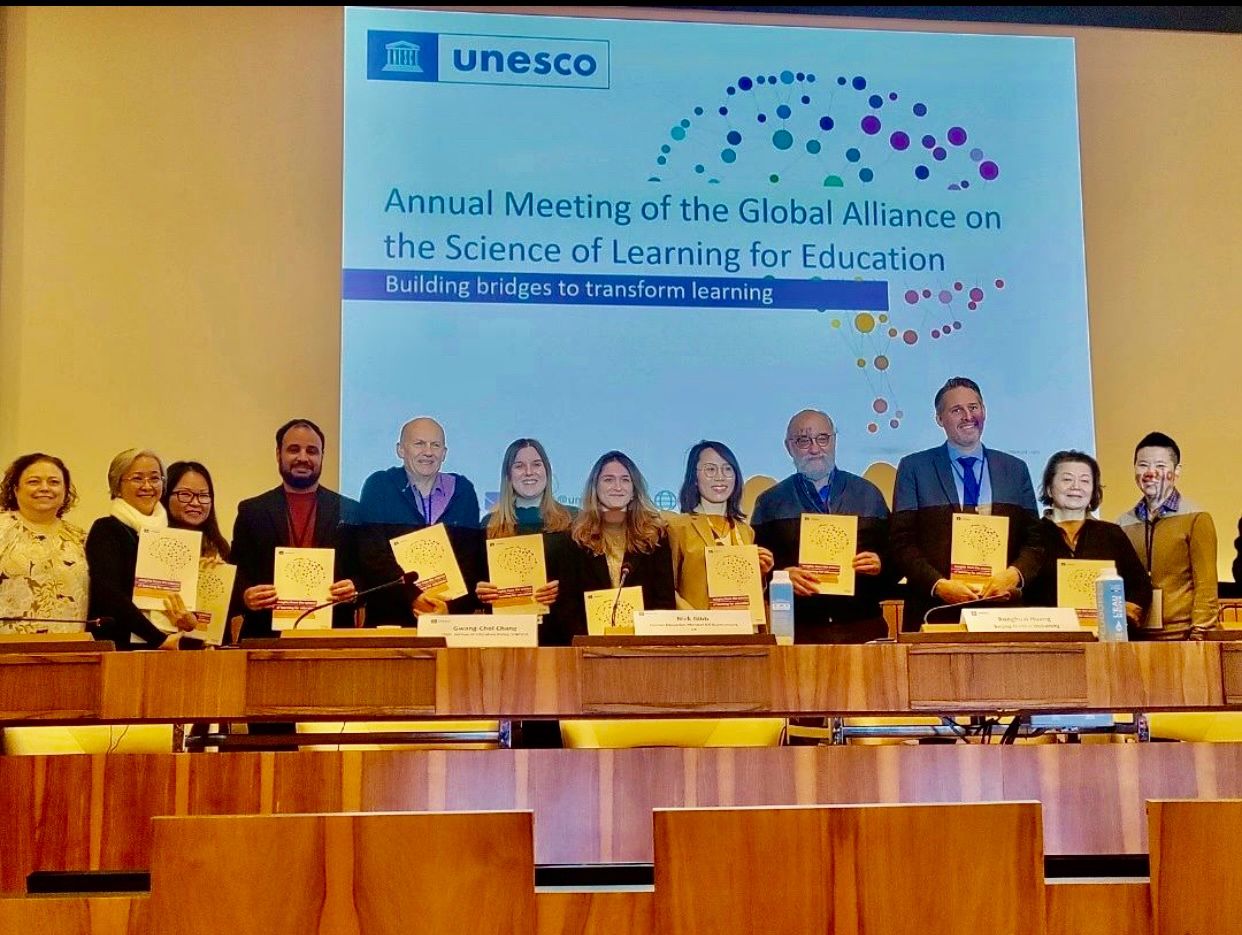
Image source: https://www.linkedin.com/posts/sherlyne-almonte-acosta-ph-d_i-am-delighted-to-be-back-in-paris-representing-activity-7270519192389332993-KQeF?utm_source=share&utm_medium=member_desktop
As a founding member of the UNESCO Global Alliance on the Science of Learning for Education, Prof. Tong contributed to Chapter 7 , "AI to the Rescue: Helping Children at Risk for Dyslexia Surmount Educational Barriers" of the compendium "Insights From the Science of Learning for Education".
The Annual Meeting of the Global Alliance on the Science of Learning for Education was held on 2-3 December 2024 at the UNESCO Headquarters in Paris, France.
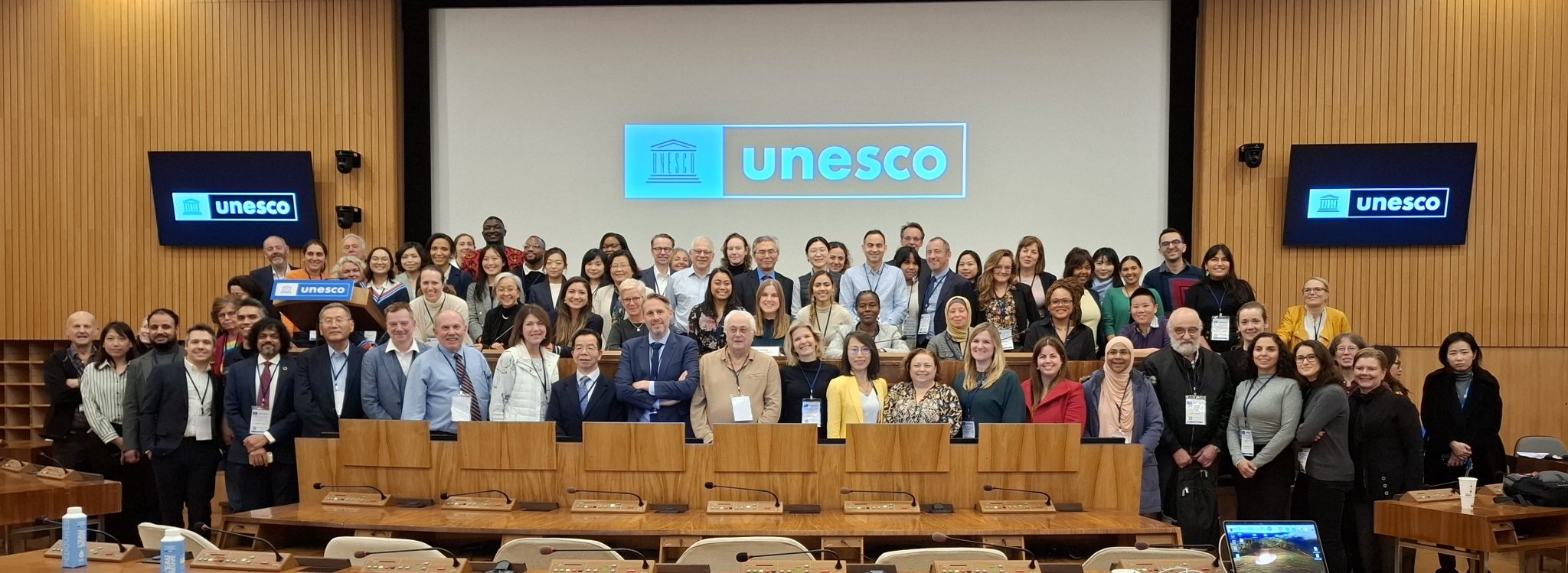
Image source: https://gsolen.ucsd.edu/
Publication of the Compendium, "Insights From the Science of Learning for Education"
The compendium "Insights From the Science of Learning for Education" is a compilation of research findings related to the implementation of science and technology in education around the world.
Chapter 7 ("AI to the Rescue: Helping Children at Risk for Dyselxia Surmount Educational Barriers") by Prof. Tong advocates the need of incorporating AI and educational technology into early screening and intervention for dyslexia. In particular, Prof. Tong emphasizes that AI technologies will transform standardized teaching methods into personalized, adaptive learning approaches that cater to the specific needs of these students.E
technologies offer an unprecedented opportunity to tackle these barriers by rapidly transforming standardized teaching methods into personalized, adaptive learning approaches that cater to the specific needs of these students.
Chapter 7 authored by Prof. Tong can be accessed through the following link:
https://slrlab.edu.hku.hk/wp-content/uploads/2025/01/UNESCO_Excerpt.pdf
An excerpt of Chapter 7, titled "AI to the Rescue: Helping Children at Risk for Dyslexia Surmount Educational Barriers", authored by Prof. Tong:
